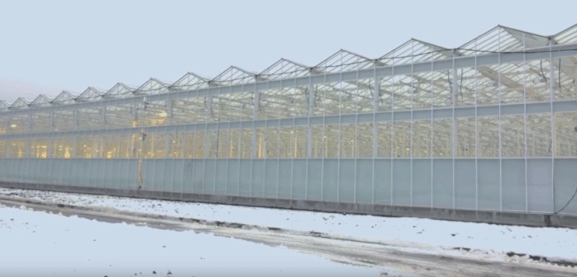The agricultural sector in the Bryansk region is witnessing a transformative development with the near-completion of a large-scale greenhouse complex in the village of Zhurinichi. Covering an additional 15 hectares, this second phase of the greenhouse project will soon be ready to accommodate tomato and cucumber seedlings. Officials, including Nikolai Patrushev, an assistant to the Russian president, and Dmitry Patrushev, the deputy prime minister, reviewed the progress during their recent visit to the region.
Currently, the existing greenhouse complex in Zhurinichi supplies fresh vegetables to approximately half of Bryansk’s population. With the upcoming expansion, the city’s entire demand for locally grown tomatoes and cucumbers will be met. According to the Bryansk Regional Agricultural Department, this marks a significant step toward regional food self-sufficiency, especially amidst growing concerns about import dependency and global supply chain disruptions.
Beyond its agricultural impact, the project is expected to stimulate the local economy by creating 300 new jobs. To support the workforce, the greenhouse owner is funding the construction of a modern residential area with 66 one-story brick homes equipped with modern amenities. This housing project, set for completion by the summer, underscores the integration of economic development with community welfare.
According to the Russian Ministry of Agriculture, the greenhouse sector has been growing at an annual rate of 8-10% in recent years, driven by increased demand for fresh, locally produced vegetables. Advanced technologies such as hydroponic systems and energy-efficient lighting are being widely adopted, resulting in higher yields and reduced resource consumption. The new Zhurinichi greenhouses will incorporate these technologies, further boosting productivity and sustainability.
The expansion aligns with Russia’s broader goals of agricultural modernization and rural development. In 2022, the country produced over 1.3 million tons of greenhouse vegetables, and initiatives like the Zhurinichi project aim to push these figures higher, reducing reliance on imports while strengthening local economies.
The greenhouse expansion in Zhurinichi represents a crucial advancement in Bryansk’s agricultural sector, addressing both food security and economic growth. By integrating modern farming techniques and providing community support, this project highlights the importance of sustainable agricultural development in fostering regional self-reliance and prosperity.









